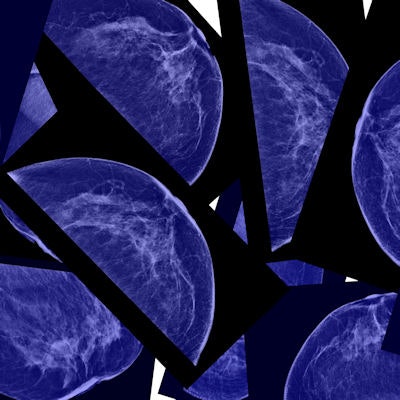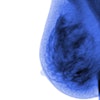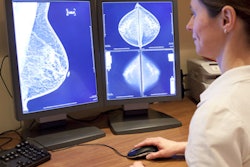
Regular breast cancer screening with mammography for younger women translates into a lower stage at breast cancer diagnosis and less-extensive treatment, according to a study published online July 9 in the Annals of Surgical Oncology.
The findings once again support a breast cancer screening approach that includes younger women, even though there is still disagreement over the value of screening in this population, wrote a team led by Dr. Soojin Ahn of Icahn School of Medicine at Mount Sinai in New York City.
"Screening recommendations, ordering, and compliance remain suboptimal, and controversies regarding the value of screening persist," the researchers wrote. "We evaluated the influence of screening mammography on the extent of breast cancer treatment."
The study included 1,125 women at least 40 years of age who were diagnosed with breast cancer between September 2008 and May 2016. The women were divided into two groups: those who had mammography screening one to 24 months before being diagnosed with breast cancer, and those who had screening 25 months or longer before diagnosis.
Of the total cohort, 819 (73%) had mammography screening one to 24 months before breast cancer diagnosis, while 306 (27%) had screening at least 25 months before diagnosis (65 of these, or 6%, never had mammography). Ahn and colleagues calculated odds ratios for a variety of clinical factors among the group who had screening 25 months or more prior to diagnosis; values over 1 indicated increased odds compared with women screened one to 24 months prior.
Women who underwent screening at least 25 months before being diagnosed with breast cancer were more likely to receive a variety of treatments, compared with women who were screened more recently, the researchers found.
| Relationship between breast screening and treatment severity | |
| Type of treatment | Odds ratio |
| Axillary dissection | 1.66 |
| Chemotherapy | 1.51 |
| Mastectomy | 1.32 |
The researchers then performed the same analysis on women ages 40 to 49, who are at the center of the debate over screening mammography. Women in this age group who had no prior mammography were more likely to have larger tumors (p = 0.032) than women who had screening one to 24 months before diagnosis. The women without prior mammography were also most likely to experience the following:
- Have positive nodes (odds ratio, 4.52; p = 0.0058)
- Undergo mastectomy (odds ratio, 3.44; p = 0.0068)
- Undergo axillary dissection (odds ratio, 4.64; p = 0.0002)
- Require chemotherapy (odds ratio, 2.52; p = 0.0287)
Younger women definitely benefit from regular mammography screening, Ahn and colleagues concluded.
"Screening mammography is associated with decreased stage at diagnosis and receipt of less-extensive treatment," they wrote. "This was evident in all groups, including the 40- to 49-years age group, where controversy exists on whether screening is even necessary."




















